Brief description:
The Polo project seeks that Civil Society Organizations strengthen their internal capacities to have a better knowledge of their environment and thus have a greater participation in decision-making in their communities.
In addition, to create and promote spaces for meeting and dialogue where different local actors can establish alliances and collaboration agreements to do sustainable networking.
Main activities:
A 1.1 Identification of main actors in each region.
A 1.2 Identification and mapping of the key communities in each territory.
A 1.3 Holding focus groups with the communities.
A 1.4 Holding forums with different actors and later with representatives of Local Authorities (LA), communities and key actors in the 6 regions.
A 1.5 Baseline survey and preparation of a participatory study at a quantitative and qualitative level with indicators of territorial development of the 6 regions.
A 2.1 Dialogue and theoretical and instrumental exchange with academic institutions about the incidents in public policies and consequent elaboration of an Agreement between the institutions and partners.
A 2.2 Design of a comprehensive education and training model for CSO cadres, community leaders and groups from the 6 regions.
A 2.3 Design of pedagogical materials for citizen advocacy and call for the selection of participants.
A 2.4 Start-up of a Diploma of specialization in citizenship, peacebuilding and public policies for CSOs and LAs.
A 2.5 Integration of a network of incubators for the training of CSO leaders in local development and advocacy on public policies.
A 2.6 Design of an accompaniment model for leadership actions in local development.
A 3.1 Start-up of 3 permanent service and capacity development centers for CSOs, leaders and local groups and link with national networks.
A 3.2 Network meetings of the 3 states for dissemination and dialogues on the results of R1.
A 3.3 Preparation of materials to support the actions of the networks in social cohesion and territorial pact.
A 3.4 Preparation of a thematic directory of networks and CSOs in the 3 states.
A 4.1 Open meetings and exchange of good practices (R2, R3) on citizen participation in public affairs and dissemination of results.
A 4.2 Integration of a portfolio of materials for the development of skills and capacities in dialogue with different levels of government.
A 4.3 Exchange forums and construction of common agendas with public officials from each region, according to the prioritized topic in the R1 participatory exercises.
A 4.4 Preparation of an agreement between CSOs and LAs for the institutionalization of citizen consultations for the design of territorial public policies relevant to the 3 states
Incidence Manual:
A methodological guide that emerged as an initiative of the Polo Project for Participative Citizenship for CSOs and participating Collectives and whose vision extends to those actors who intend to enter the path of organizational strengthening and public advocacy.
A tool that raises a series of exercises and questions that will surely guide the reader by providing clarity about the state of the organization until it identifies opportunities for improvement and methods of action in the public sphere.
Download it here
POLO memory:
A methodological guide that emerged as an initiative of the Polo Project for Participative Citizenship for CSOs and participating Collectives and whose vision extends to those actors who intend to enter the path of organizational strengthening and public advocacy.
A tool that raises a series of exercises and questions that will surely guide the reader by providing clarity about the state of the organization until it identifies opportunities for improvement and methods of action in the public sphere.
Download it here
Thematic Directory:
The Board of Directors is the result of good relationships built in a participatory manner between the different CSOs and Collectives belonging to the networks of the three states created and strengthened by the Polo Project for Participatory Citizenship.
A tool to make their daily work visible, the issues they promote and the regions where they are located, thus allowing them to identify with other actors to build alliances or carry out joint actions, share good practices, knowledge and experiences.
Download it here
Virtual Educational Support Centers:
The CAEV program arose at the initiative of the POLO Project for Participative Citizenship with the objective of activating virtual educational spaces to provide support and accompaniment to girls, boys and adolescents of primary and secondary level during the pandemic -COVID 19. The work of the Participating organizations are a reflection of the commitment and effort for the promotion and example of good practices
Download it here








